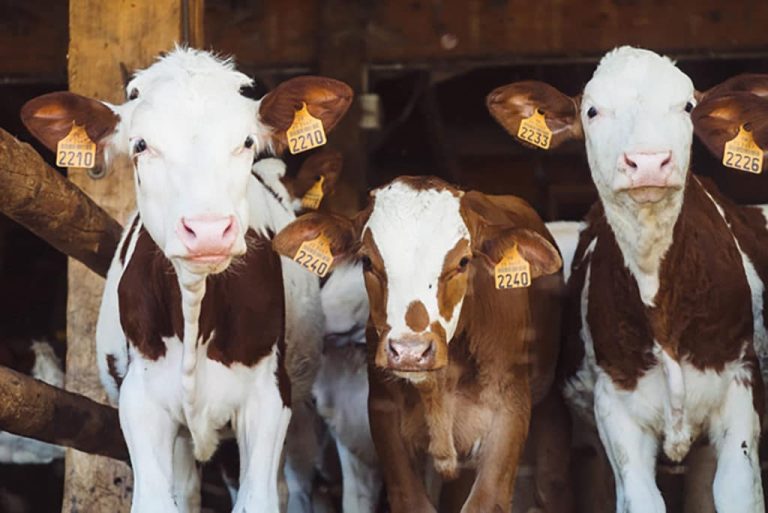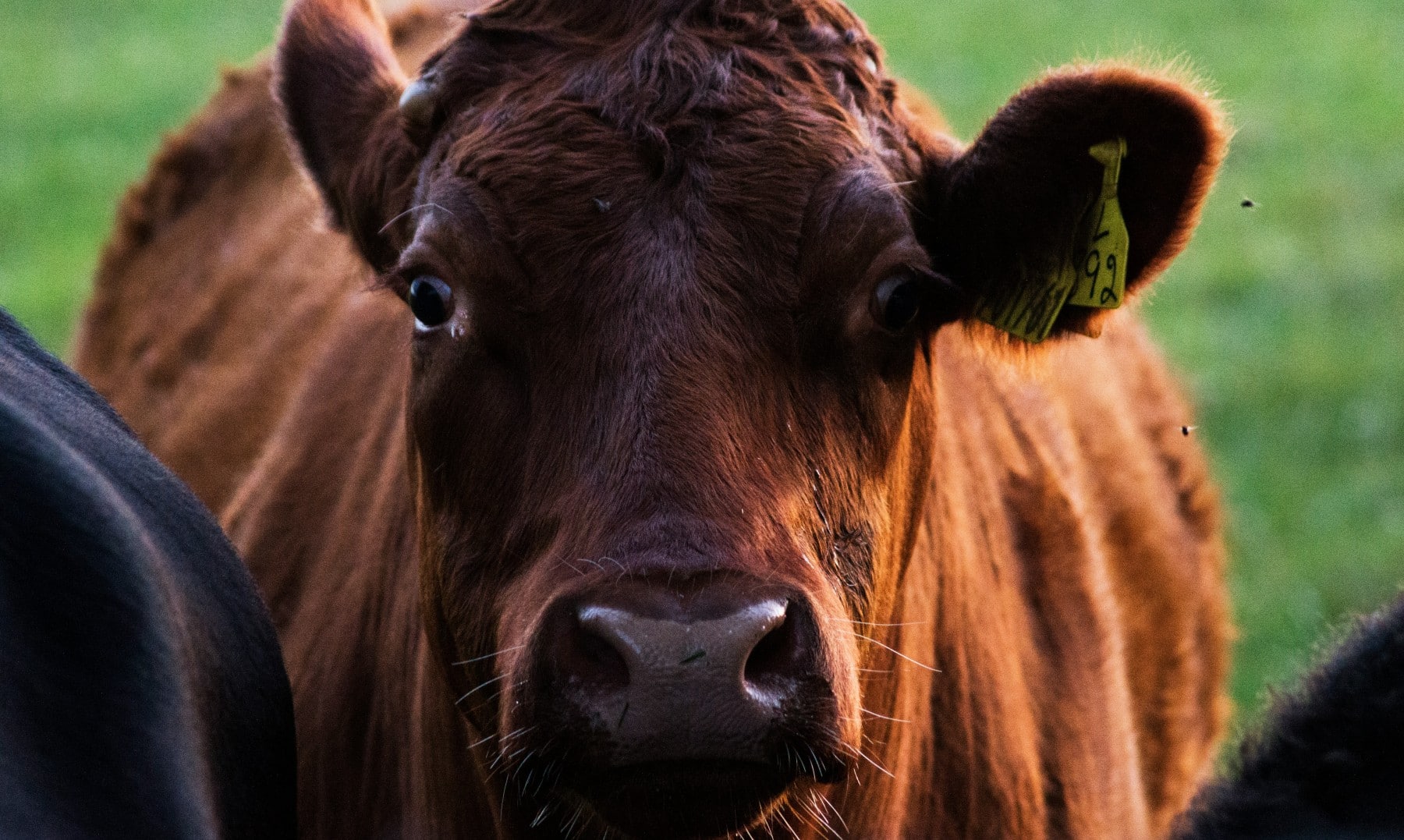
For many backpackers in Australia, the 88-day farm work requirement is a rite of passage. Completing this work allows them to extend their Working Holiday Visa, giving them more time to explore the country. One of the many options available for fulfilling this requirement is working on a dairy farm. This article delves into what it’s like to spend 88 days working on a dairy farm in Australia, sharing insights and experiences from those who have taken on this challenging yet rewarding task.
Table of Contents
Renewing your WHV through working on a dairy farm
As you probably know, to qualify for a second WHV in Australia, you need to complete 88 days of approved work. There are many eligible jobs; you can choose from fruit picking, working in the mines, in hospitality or on solar farms…. but you can also choose to work on a dairy farm!
In any case, make sure that the postcode of the place where you work is eligible as the jobs must also be in eligible, rural areas of the country!
Note that you can then renew your WHV for a third year in Australia if you work 6 months in a job in an eligible region while you are on your second year. The eligible jobs and regions are the same as for your first renewal.
For more information on Eligible Areas, click here.
The journey begins
Embarking on an 88-day stint on a dairy farm often starts with a mix of excitement and uncertainty. Finding a farm can be done through various channels such as online job boards, word-of-mouth recommendations, or recruitment agencies specializing in agricultural work. Once you secure a position, it’s time to prepare for life in the countryside.
Melissa’s experience
“When I arrived in Australia I had no idea what to expect. I always knew that if I wanted to, I could go and work on a farm for 88 days to qualify for my second year’s visa. I was in my flat in Sydney when I started thinking about regional work. To be honest, I was desperate to get a job. The city was too expensive and my budget was stretched to the limit.
So I travelled across the country with another backpacker to the Perth area. We had not managed to get a job on a farm, but we had a source of income working at a petrol station while we searched. We soon received a job offer on a dairy farm so we left our new jobs in a hurry, though it had meant going back to Victoria. All the travelling back and forth had used up our savings, so we had no other option than to get to work.
We arrived on the dairy farm in the middle of summer, the flies were everywhere and the smell of manure was unmistakable.”
Life on the farm
Early Mornings and Long Days: Dairy farming is synonymous with early starts. Milking typically begins before dawn, around 4 or 5 AM. Days are long, often stretching into the evening with various tasks that need to be completed. It’s a physically demanding job that requires stamina and resilience.
Daily Tasks: The primary responsibility on a dairy farm is milking the cows, which usually occurs twice a day. In addition to milking, other tasks include feeding the cows, cleaning the milking equipment, maintaining the barns, and sometimes assisting with calving. Each day can bring new challenges and learning experiences.
Learning the Ropes: For many backpackers, working on a dairy farm is their first experience with this type of labor. Training is usually provided on the job, and it’s essential to be willing to learn quickly and adapt to the routines. Patience and a positive attitude go a long way in mastering the skills required.

The challenges
The physical aspect of dairy farming cannot be overstated. Lifting heavy feed bags, handling livestock, and standing for long periods can take a toll on the body. It’s important to maintain good health, eat well, and get enough rest to keep up with the demands of the job.
Working on a dairy farm means being exposed to the elements. Whether it’s the scorching heat of summer or the chill of winter mornings, you’ll need to dress appropriately and be prepared for all types of weather.
Dairy farms are often located in remote areas, far from the hustle and bustle of city life. This isolation can be a challenge for those used to a more urban lifestyle. However, it also offers a chance to disconnect and enjoy the tranquility of the countryside.
The rewards
Working on a dairy farm hones a variety of skills. From animal husbandry to mechanical maintenance, the experience can be incredibly enriching. These skills can be valuable for future employment opportunities, both within and outside the agricultural sector.
Building Relationships: Living and working closely with fellow backpackers and farm owners fosters strong bonds. The camaraderie developed during these 88 days often leads to lasting friendships and a sense of community.
Dairy farm work is typically well-paid compared to other types of farm work. Many farms provide accommodation and meals, allowing you to save a significant portion of your earnings.
Successfully completing the 88 days of farm work qualifies you for a second-year Working Holiday Visa. This extension opens up more opportunities to travel and work in Australia, making the hard work worthwhile.
Tips for success
Maintaining a positive attitude, even when the work is tough, will help you get through the challenging days. Focus on the end goal and the unique experience you’re gaining.
Take Care of Yourself! Ensure you’re eating nutritious meals, staying hydrated, and getting enough rest. Physical health is crucial to perform well in demanding conditions.
Flexibility and adaptability are key traits for farm work. Every day can be different, and tasks may vary depending on the needs of the farm.
Build relationships with your co-workers and employers. A supportive network can make the experience more enjoyable and provide assistance when needed.



























